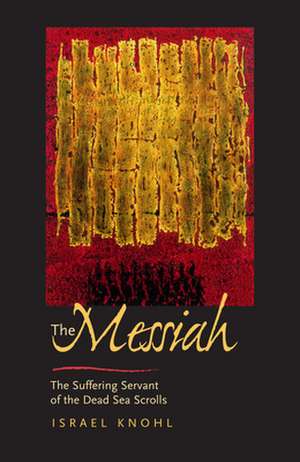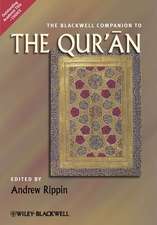The Messiah before Jesus – The Suffering Servant of the Dead Sea Scrolls
Autor Israel Knohlen Limba Engleză Paperback – 7 mar 2002
Scholars have long argued that Jesus could not have foreseen his suffering, death, and resurrection because the concept of a slain savior who rises from the dead was alien to the Judaism of his time. But, on the basis of hymns found at Qumran among the Dead Sea Scrolls, Knohl argues that, one generation before Jesus, a messianic leader arose in the Qumran sect who was regarded by his followers as ushering in an era of redemption and forgiveness. This messianic leader was killed by Roman soldiers in the course of a revolt that broke out in Jerusalem in 4 B.C.E. The Romans forbade his body to be buried and after the third day his disciples believed that he was resurrected and rose to heaven. This formed the basis for Jesus' messianic consciousness, Knohl argues; it was because of this model that Jesus anticipated he would suffer, die, and be resurrected after three days.
Knohl takes his fascinating inquiry one step further by suggesting that this messiah was a figure known to us from historical sources of the period. This identification may shed new light on the mystery of the "Paraclete" in the Gospel of John. A pathbreaking study, The Messiah before Jesus will reshape our understanding of Christianity and its relationship to Judaism.
Preț: 267.32 lei
Nou
Puncte Express: 401
Preț estimativ în valută:
51.16€ • 53.27$ • 43.24£
51.16€ • 53.27$ • 43.24£
Carte tipărită la comandă
Livrare economică 07-21 martie
Preluare comenzi: 021 569.72.76
Specificații
ISBN-13: 9780520234000
ISBN-10: 0520234006
Pagini: 160
Dimensiuni: 136 x 208 x 16 mm
Greutate: 0.22 kg
Editura: University of California Press
ISBN-10: 0520234006
Pagini: 160
Dimensiuni: 136 x 208 x 16 mm
Greutate: 0.22 kg
Editura: University of California Press
Descriere
Shows that, around the time of Jesus' birth, there came into being a conception of 'catastrophic' messianism in which the suffering, humiliation, and death of the messiah were regarded as an integral part of the redemptive process.












